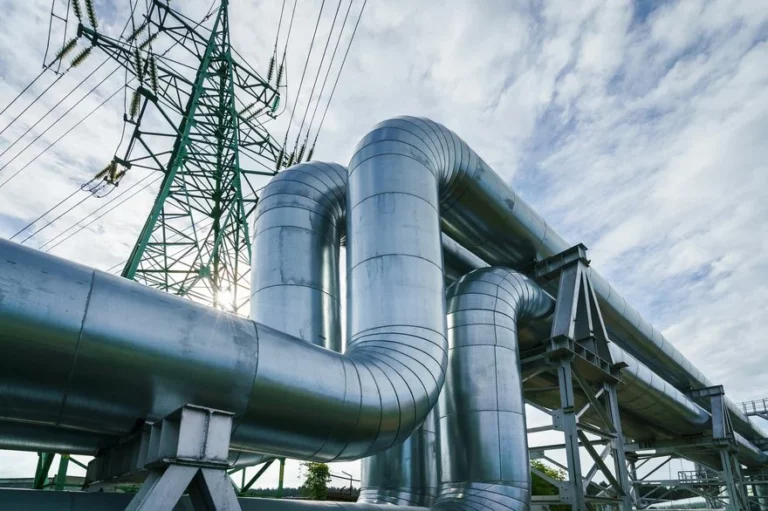Illinois Commerce Commission Rejects Activist Calls for DAPL Optimization Delay
The Illinois Commerce Commission (ICC) this week rejected calls from environmental activists urging the regulatory agency to delay a determination on the proposed optimization of the Dakota Access crude oil pipeline. The optimization project has received the necessary approvals from regulators in North Dakota, South Dakota, and Iowa, and awaits a final decision from the ICC. The pipeline has been safely transporting crude oil from the Bakken oilfields in North Dakota to the Patoka Oil Terminal in southern Illinois for nearly three years.
Activists allege the increased capacity is not necessary given the coronavirus’ impact, reducing demand for oil. However, as GAIN spokesman Craig Stevens explains in a statement released this morning, the pandemic-induced downtown in oil demand is only temporary, and we must be prepared for when it eventually bounces back:
“GAIN commends the Illinois Commerce Commission for continuing to review and consider the merits of the Dakota Access Pipeline optimization project. Activists have continued to exploit the uncertainty surrounding the coronavirus to further an anti-fossil fuel agenda that fails to consider the long-term energy and economic ramifications. But it is paramount that regulators and policymakers keep in mind the pandemic-induced oil downturn is only a temporary hurdle, and the nation must be prepared for increased demand when this passes.
“Increasing the capacity of Dakota Access strategically positions the United States to maintain both energy security and energy dominance in a post-coronavirus world. In addition to ensuring affordable access to domestic oil, DAPL optimization is a shovel-ready project that will provide new economic benefits to the communities along its route, including thousands of high-skilled jobs and new streams of tax revenue. GAIN trusts that the ICC will ultimately make the right decision to secure our nation’s energy future and approve the optimization of a critical component of our nation’s energy infrastructure network.”
Optimizing the Dakota Access Pipeline is the safest, most efficient, and most environmentally-conscious method of bolstering American energy security and increasing consumer access to our nation’s energy resources. Through the construction of three new pump stations and modifications to existing facilities, optimization will nearly double the pipeline’s capacity from 570,000 bpd to 1.1 million bpd – a strong development for our nation’s energy infrastructure network. No new mainline construction will be required.
Instead of acknowledging the significant benefits of this project, environmental activists have continued to oppose it, largely based on an ideological opposition to the use of fossil fuels. However, activists fail to recognize that traditional energy sources like natural gas and oil continue to provide for the mainstay of American energy needs. While an “all of the above” energy strategy that includes renewables like wind and solar are important, it would be a disservice to American consumers to limit energy infrastructure development, ignoring the reality that natural gas and oil remain critical components of our energy makeup.

